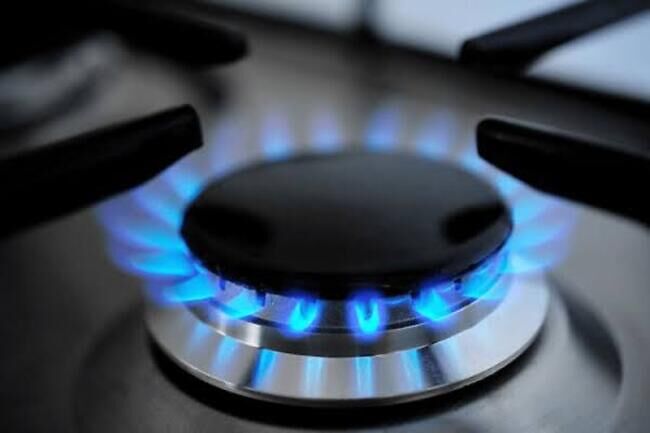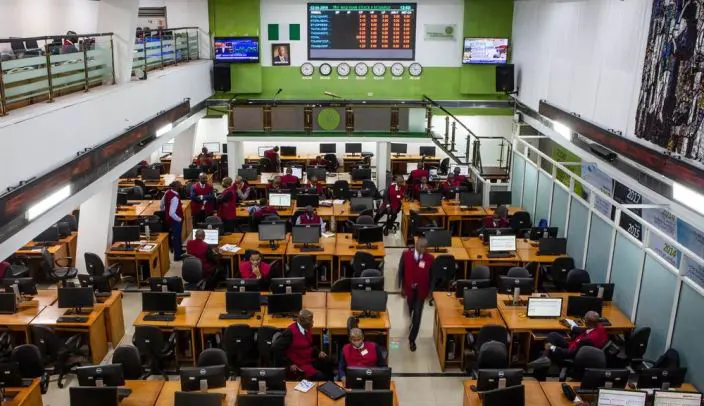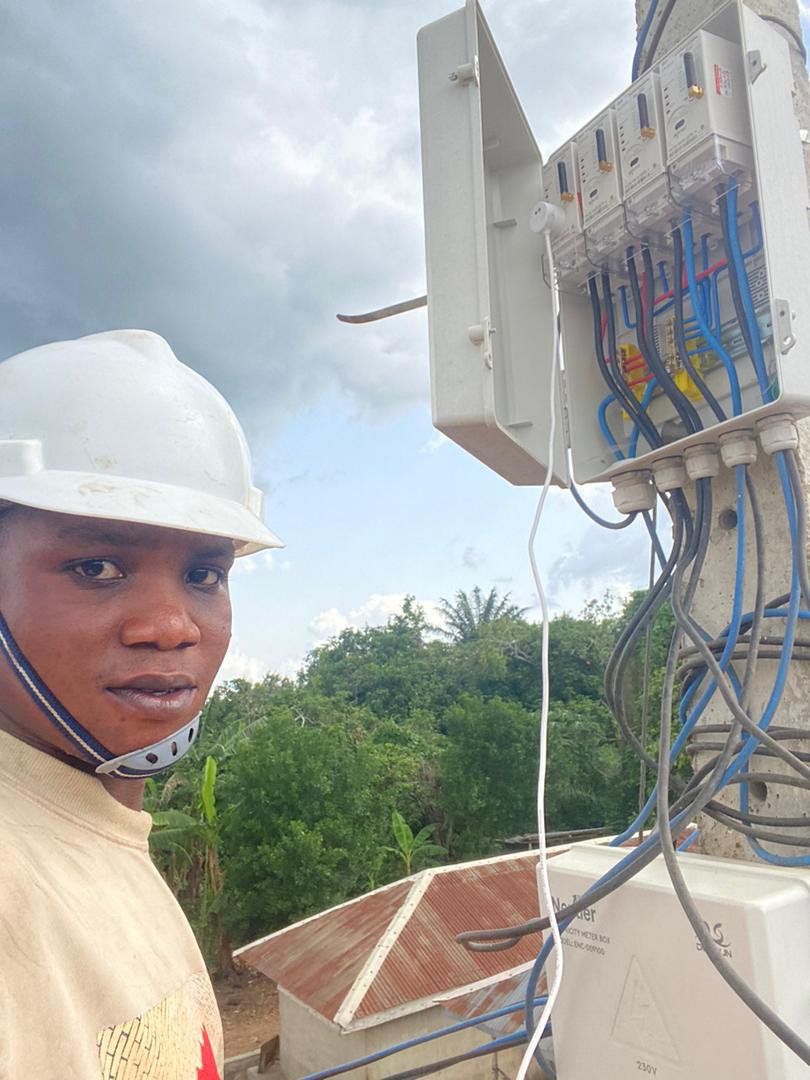Households Revert to kerosene Stoves, Charcoal as Cooking Gas Price Soar
Nigerian households are facing a fresh wave of hardship as the price of liquefied petroleum gas (LPG), commonly known as cooking gas, surges to record highs following supply disruptions that have worsened the country’s energy affordability crisis.
Across major cities, consumers now pay between N1,500 and N3,000 per kilogramme (kg), up from the average of N1,200 just weeks ago.
In Lagos, Abuja, and Ogun, many outlets have run out of stock, while others still in operation sell at rates far above official prices.
Several families have resorted to using kerosene stoves to cope with the hardship, while others have turned to charcoal, BusinessDay gathered.
The sudden jump in prices has left families struggling to adjust their daily budgets.
“My mum sent me a text yesterday, saying her friend bought gas for N2,500 per kg, while we had just bought ours for N2,000,” said Stella Chibuike, a resident of Ikorodu, Lagos.
“Our usual vendor later called to say the price had dropped to N1,500. It’s still higher than the N1,300 we used to buy, but at least it’s better than before.”
In Sangotedo, Doris Akintunde, a resident, said she paid N1,500 per kg and was ‘grateful’ it hadn’t hit N2,000. “Normally, I buy per kg of gas for around N1,000 or N1,300, but with this hike, I was expecting worse,” she said.
Also, restaurants and small food businesses have not been spared.
“I got my cooking gas for N1,500 per kg, but it didn’t last,” said Oluchi Phina, who runs a restaurant in Iganmu. “My cylinder was filled with air, I was cheated. This has become common at some outlets.”
Kubwa, Abuja-based Muhammad Turaki, said he bought gas at N2000 per kg, noting that the price hike has squeezed his family income.
“I paid N25,000 for 12.5kg of gas at the weekend. I spent almost double the price I used to pay for it. As a result, I didn’t buy petrol to power my generator,” he said.
These accounts illustrate how price volatility and under-dispensing are exacerbating the pain of consumers already struggling with inflation.
The surge in cooking gas prices adds to Nigeria’s cost-of-living pressures. Headline inflation stood at over 30 percent in September, with food inflation rising even faster, according to the National Bureau of Statistics (NBS).
Analysts say the crisis could worsen energy poverty as low-income households revert to firewood and charcoal, reversing gains in clean cooking adoption and raising health and environmental risks.
“If gas doesn’t come down, we’ll all go back to firewood,” said a Lagos resident interviewed by BusinessDay. “Even charcoal is now expensive because everyone is rushing to buy it.”















Post Comment